
Find Help
More Items From Ergsy search
-

What support is available for people with Crohn's disease in the UK?
Relevance: 100%
-

Is Crohn's disease contagious?
Relevance: 95%
-

Is there a cure for Crohn's disease?
Relevance: 94%
-
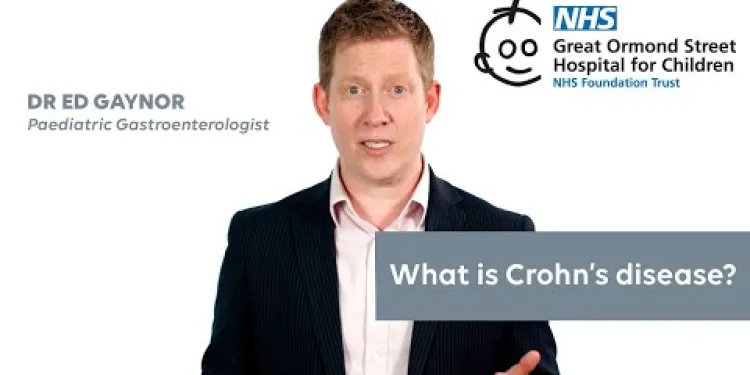
What is Crohn’s disease and how is it treated?
Relevance: 88%
-
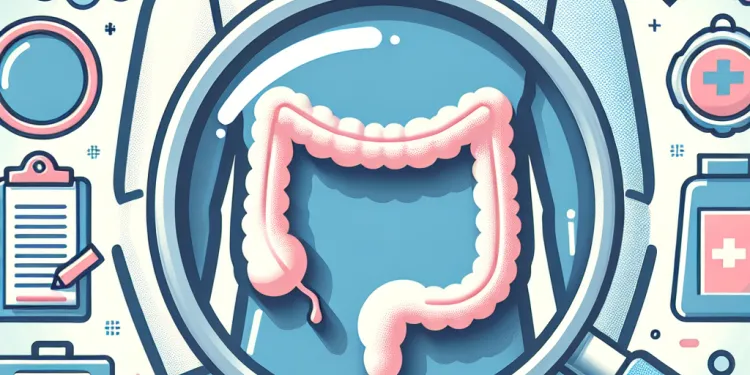
How is Crohn's disease diagnosed?
Relevance: 88%
-

Can children develop Crohn's disease?
Relevance: 87%
-
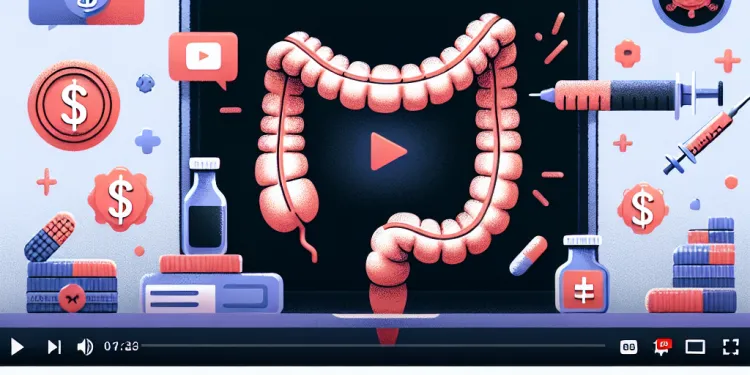
What causes Crohn's disease?
Relevance: 87%
-
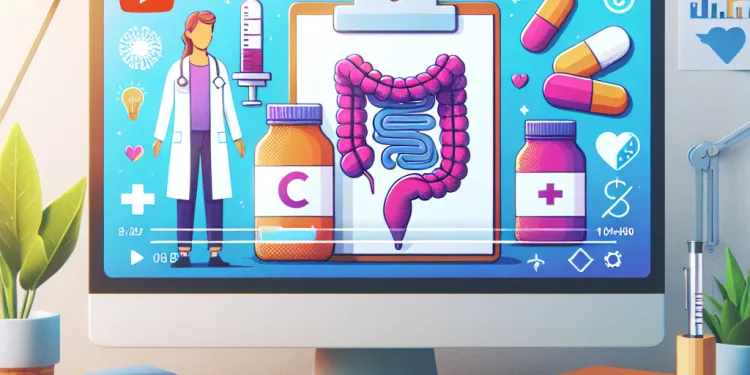
What treatments are available for Crohn's disease?
Relevance: 86%
-
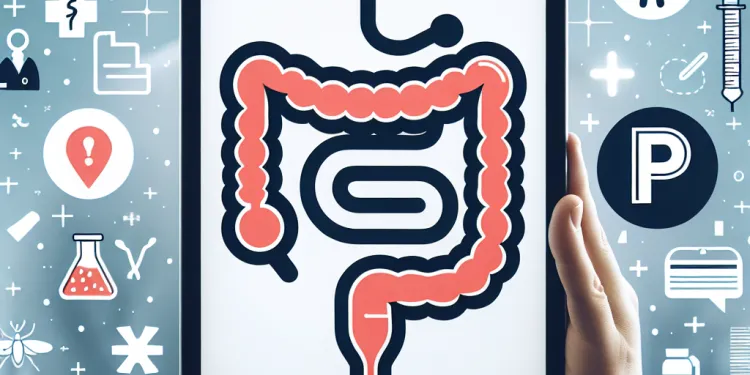
Is surgery necessary for Crohn's disease?
Relevance: 86%
-
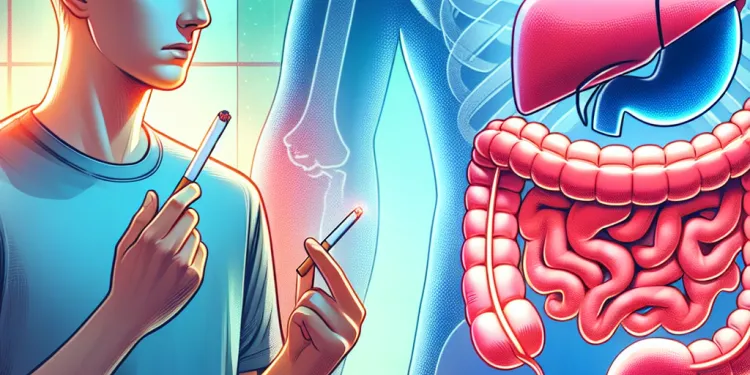
How does smoking affect Crohn's disease?
Relevance: 85%
-
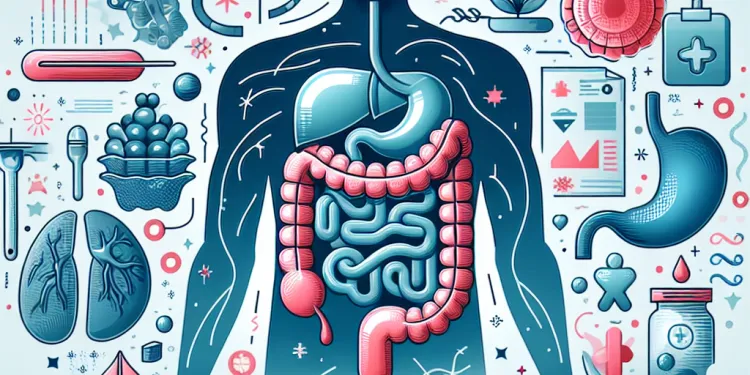
Are there any complications associated with Crohn's disease?
Relevance: 84%
-
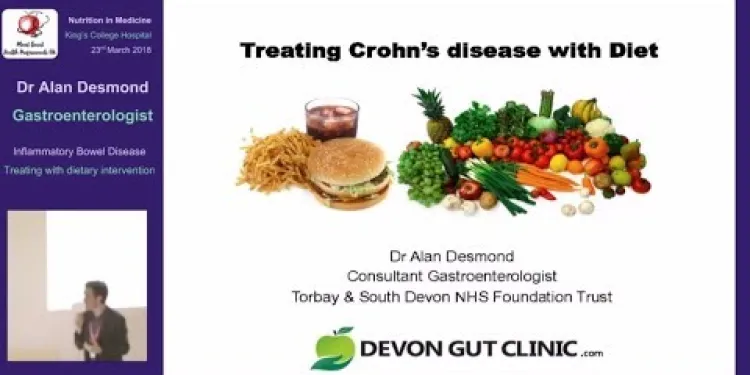
What is the best diet for Crohn’s disease?
Relevance: 84%
-
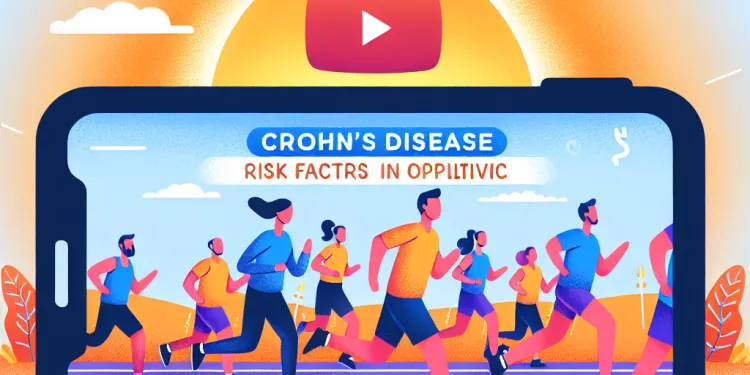
Who is at risk of developing Crohn's disease?
Relevance: 84%
-

Can stress make Crohn's disease worse?
Relevance: 82%
-
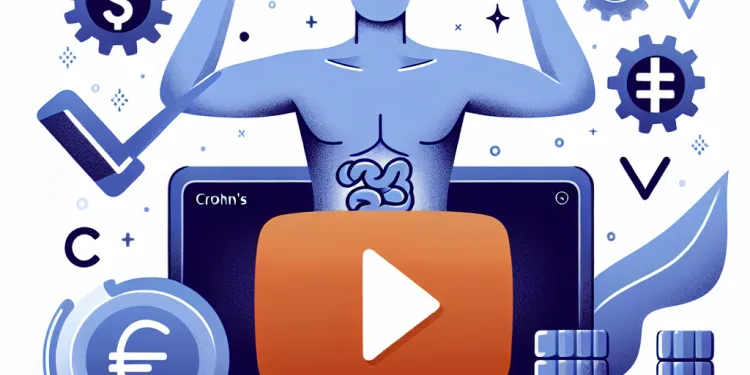
What are the common symptoms of Crohn's disease?
Relevance: 82%
-

What dietary changes can help manage Crohn's disease?
Relevance: 76%
-

Infliximab infusion (Remicade) for Crohns Disease at Addenbrookes NHS hospital
Relevance: 68%
-

How can caregivers support someone with motor neurone disease?
Relevance: 37%
-
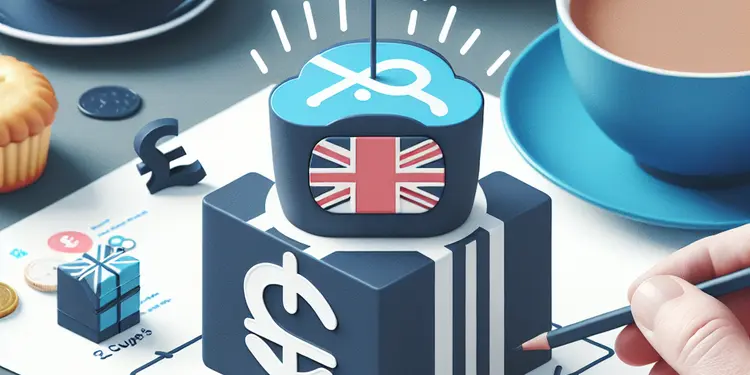
Are there support groups for individuals with motor neurone disease?
Relevance: 35%
-
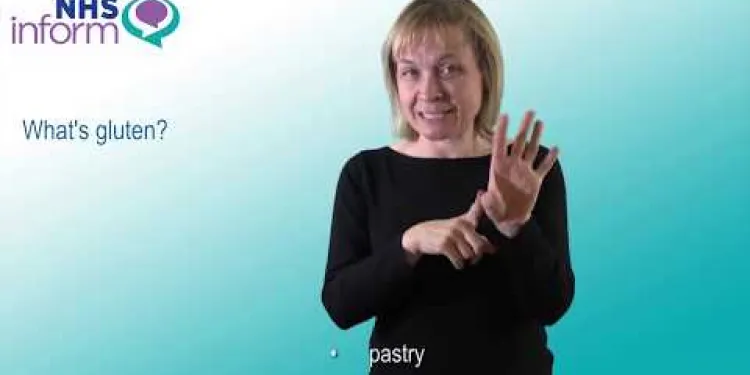
Coeliac disease
Relevance: 35%
-
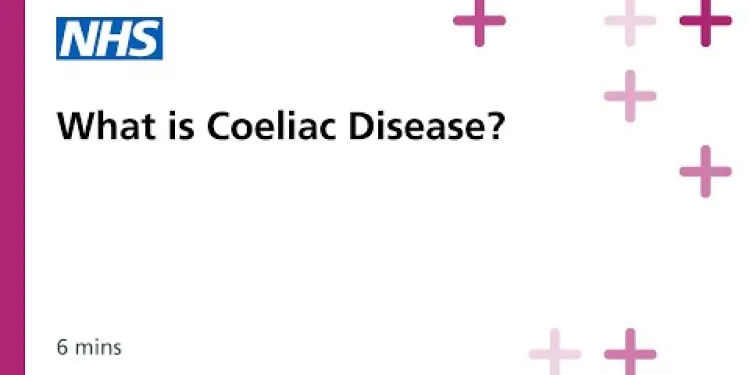
Coeliac Disease: Session 1: What is Coeliac Disease?
Relevance: 34%
-
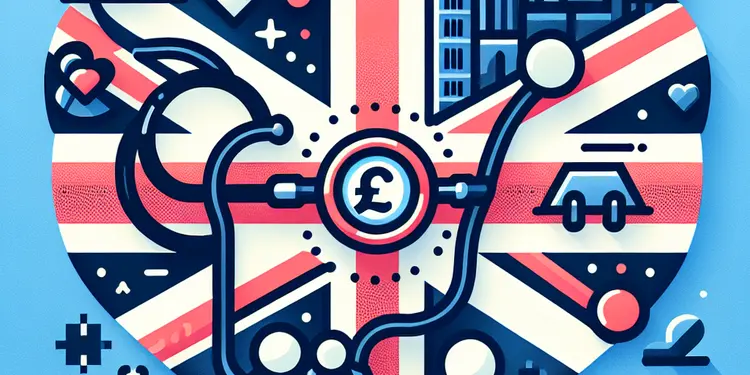
What support is available for families affected by Huntington's disease?
Relevance: 34%
-

What is Alzheimer's disease?
Relevance: 34%
-

Is Huntington's disease fatal?
Relevance: 33%
-

What is Mitochondrial disease?
Relevance: 33%
-

What is Huntington's disease?
Relevance: 33%
-

How common is Alzheimer's disease in the UK?
Relevance: 32%
-

NHSGGC - What is Coeliac Disease?
Relevance: 32%
-
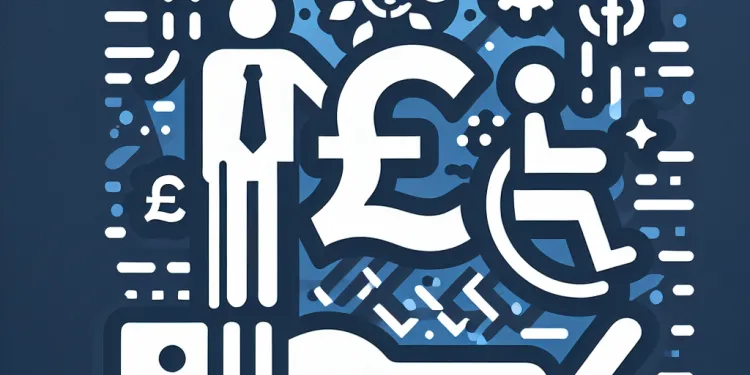
What is Parkinson's disease?
Relevance: 32%
-

Are there specific gut-related diseases that become more common with age?
Relevance: 32%
-

Can Huntington's disease be cured?
Relevance: 32%
-
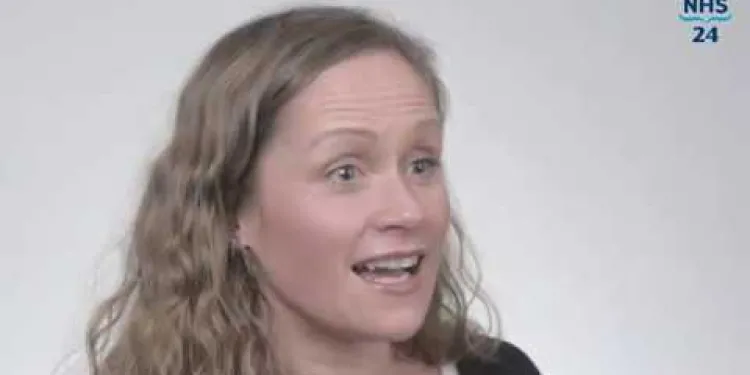
Living Well with Coeliac Disease
Relevance: 32%
-

Is there a cure for motor neurone disease?
Relevance: 32%
-

What is motor neurone disease?
Relevance: 32%
-

Parkinson's disease: Karen's story | NHS
Relevance: 31%
-
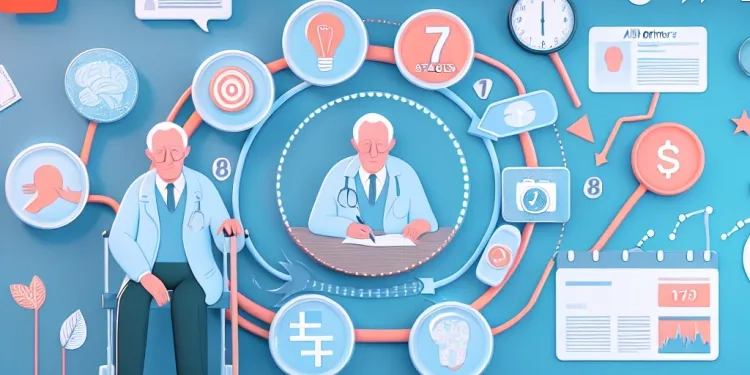
What are the stages of Alzheimer's disease?
Relevance: 31%
-
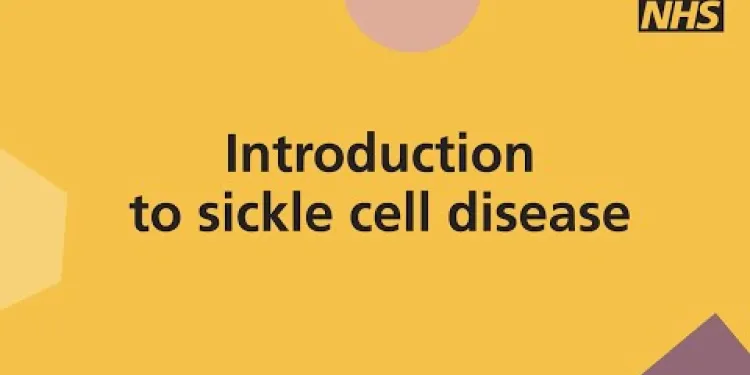
Introduction to Sickle cell disease
Relevance: 31%
-

What is sickle cell disease?
Relevance: 31%
-

Liver disease | NHS
Relevance: 31%
-
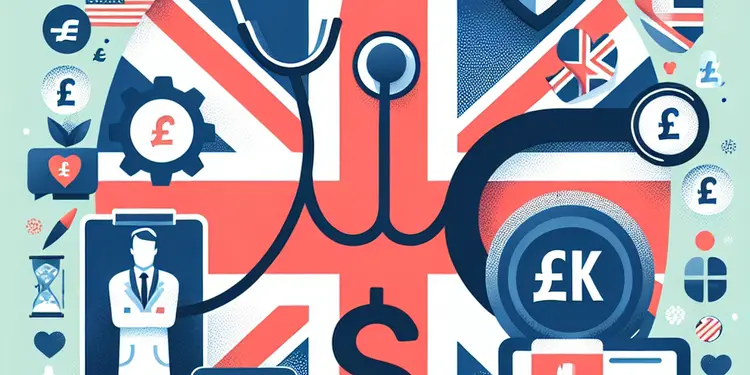
How is Huntington's disease diagnosed?
Relevance: 31%
Support for People with Crohn's Disease in the UK
NHS Support and Treatment Options
The National Health Service (NHS) provides comprehensive support to individuals diagnosed with Crohn's disease. Patients can access specialist care from gastroenterologists, receive necessary diagnostic tests, and undergo various treatments, including medications such as aminosalicylates, steroids, immunosuppressants, and biologics. Surgical options are considered for those with severe or complicated cases. Regular monitoring and care plan adjustments are typical to manage symptoms effectively and improve quality of life.
Charity Organizations and Support Groups
Several charity organizations, such as Crohn’s & Colitis UK, play a crucial role in supporting individuals with Crohn's disease. These organizations offer educational resources, run fundraising events, advocate for patients' rights, and connect patients with support groups. Support groups provide a platform for patients to share experiences, offer tips, and create a sense of community. They are available in-person and online, ensuring accessibility to people across the UK.
Mental Health Services
Crohn's disease can significantly impact mental health. The NHS and various charities provide mental health support tailored to chronic illness sufferers. Patients can receive counseling and psychological therapies, such as cognitive behavioral therapy, which can be beneficial in coping with the emotional aspects of living with Crohn's disease. Mental health is an integral part of managing chronic illness, and acknowledging this can lead to better overall health outcomes.
Dietary and Nutritional Assistance
Diet plays a critical role in managing Crohn's disease symptoms. NHS dietitians can offer personalized dietary advice to manage flare-ups and ensure nutritional needs are met. Charities also provide resources on food choices and nutritional management. Adapting diets to include low-residue, anti-inflammatory, or specific elimination diets can help mitigate symptoms and promote gut health.
Financial Support and Benefits
Individuals with a diagnosis of Crohn's disease may be eligible for financial benefits such as Personal Independence Payment (PIP) or Employment and Support Allowance (ESA). Disability benefits advisors can guide patients through application processes. Additionally, special considerations may apply for those needing adjustments at work or educational institutions, ensuring they receive the necessary support to manage their condition effectively.
Support for People with Crohn's Disease in the UK
NHS Support and Treatment Options
If you have Crohn's disease, the NHS can help you a lot. You can see special doctors called gastroenterologists. They do tests to find out how to help you. You might take medicines to feel better. If the medicines don't work, doctors might talk about surgery. They will check on you often to make sure you feel better and have a good life.
Charity Organizations and Support Groups
There are charities, like Crohn’s & Colitis UK, that help people with Crohn's disease. They give information, raise money, and help with patient rights. You can join support groups to meet other people with Crohn's. You can share stories and tips. These groups meet in person and online, so it is easy for everyone to join.
Mental Health Services
Having Crohn's disease can make you feel upset or worried. The NHS and charities have mental health support to help with these feelings. You can talk to a counselor or try therapies like cognitive behavioral therapy (CBT). This can help you feel better and cope with having Crohn's disease. Looking after your mental health is important for feeling better overall.
Dietary and Nutritional Assistance
What you eat is important if you have Crohn's disease. NHS dietitians can tell you what foods are good and what to avoid. Charities also give advice on food and nutrition. Eating the right foods can help you feel better and keep your tummy healthy.
Financial Support and Benefits
If you have Crohn's disease, you might get money support like Personal Independence Payment (PIP) or Employment and Support Allowance (ESA). There are people who can help you apply for these. You might also get help at work or school so you can manage your condition better.
Frequently Asked Questions
What types of support groups are available for individuals with Crohn's disease in the UK?
In the UK, there are various support groups for individuals with Crohn's disease, including those run by organizations like Crohn's & Colitis UK, which offer local group meetings and online forums for shared experiences and support.
Are there any financial support options for people with Crohn's disease in the UK?
Yes, individuals with Crohn's disease may be eligible for financial support such as Personal Independence Payment (PIP), Employment and Support Allowance (ESA), and other benefits depending on their circumstances.
Can people with Crohn's disease access mental health support in the UK?
Yes, mental health support is available through the NHS, including talking therapies and counselling. Organisations like Crohn's & Colitis UK also provide emotional support and resources.
Where can I find dietary advice for managing Crohn's disease in the UK?
Dietary advice can be obtained through NHS services, including referrals to dietitians who specialize in gastrointestinal issues. Crohn's & Colitis UK also offers dietary resources and guidance.
How can I find a specialist for Crohn's disease treatment in the UK?
You can find a specialist through referrals from your GP. The NHS provides listings of hospitals and clinics that have gastroenterology departments specializing in Crohn's disease.
Are there any online resources specifically for Crohn's disease patients in the UK?
Yes, there are several online resources such as Crohn's & Colitis UK's website, which offers information, forums, and educational materials specifically for Crohn's disease patients.
What is IBD Nurse Helpline and how can it help Crohn's disease patients in the UK?
The IBD Nurse Helpline is a phone or online service provided by some NHS trusts to offer advice, support, and health education specifically for inflammatory bowel disease patients, including those with Crohn's disease.
Can I get a Disabled Persons Railcard if I have Crohn's disease in the UK?
Yes, individuals with Crohn's disease may be eligible for a Disabled Persons Railcard if their condition affects their ability to travel. This can provide discounts on train fares.
What role does Crohn's & Colitis UK play in supporting individuals with Crohn's disease?
Crohn's & Colitis UK is a charity that provides information, support, access to specialists, and advocacy for individuals living with Crohn's disease, including running support groups and awareness campaigns.
Are there any research trials available for Crohn's disease patients in the UK?
Yes, research trials for Crohn's disease are regularly conducted in the UK, and patients can participate in clinical trials through NHS hospitals or research institutions.
How can employers support employees with Crohn's disease in the UK?
Employers in the UK can support employees by providing flexible working arrangements, understanding absence for medical appointments, and ensuring reasonable adjustments are made in the workplace.
What educational resources are available for children with Crohn's disease in the UK?
Educational resources and support are available through hospitals with pediatric services and organizations like Crohn's & Colitis UK, which offer tailored advice and school resources for children with Crohn's disease.
Are there any charities in the UK that offer grants for Crohn's disease patients?
Some UK charities may offer grants to help with the financial burden of living with Crohn's disease. Crohn's & Colitis UK may have information on available grants and financial aid.
Can I get help with prescription costs for Crohn's disease medications in the UK?
Individuals with Crohn's disease may be eligible for help with prescription costs through schemes like NHS Prescription Prepayment Certificates (PPCs) or if they qualify for free prescriptions based on age or income.
What is the process for accessing biologic treatments for Crohn's disease in the UK?
Accessing biologic treatments typically involves a referral to a gastroenterologist, who will assess suitability and manage the prescription process within NHS guidelines.
What help groups are there for people with Crohn's disease in the UK?
If you have Crohn's disease, there are groups that can help you. Here are some things these groups can do:
- Share stories: You can meet other people with Crohn's and talk about your feelings.
- Learn together: Find out more about Crohn's and how to feel better.
- Meet up: Some groups meet in person, and some meet online. You can choose what feels best for you.
You can ask a doctor or a nurse to help you find a group.
Try using a calendar to remember group meeting days.
In the UK, there are support groups for people with Crohn's disease. One group is Crohn's & Colitis UK. They have meetings where people can talk and share their stories. They also have online forums where you can chat and get support.
Can people in the UK with Crohn's disease get money help?
People with Crohn's disease might be able to get money help. This can be from things like Personal Independence Payment (PIP), Employment and Support Allowance (ESA), and other money benefits. It depends on each person’s situation.
Can people with Crohn's disease get help for their feelings in the UK?
People with Crohn's disease can talk to someone about their feelings in the UK. They can speak to doctors or nurses who understand their illness. Sometimes, talking to a counselor can help too. It's important to tell someone if you feel sad or worried.
There are also groups where people with Crohn’s disease can meet and talk. Talking to others who have the same illness can help you feel better.
If you find reading hard, you can try:
- Listening to audiobooks.
- Using speech-to-text tools to write.
Yes, you can get help for your feelings from the NHS. They can help you talk to someone or see a counselor. Groups like Crohn's & Colitis UK can also give you support and friendly advice.
Where can I get food advice for Crohn's disease in the UK?
If you have Crohn's disease, it is important to know what to eat. Here are some places and ways to get help:
- Talk to your doctor: They can give you advice or send you to a food expert called a dietitian.
- Visit the Crohn's and Colitis UK website: They have tips and booklets about food.
- Join a support group: Meeting other people with Crohn's can help you learn what works for them.
- Use apps: Some phone apps can help you track what you eat and how it makes you feel.
Remember, everyone's body is different. What helps one person might not help another. Keep a diary of what you eat and talk with your doctor or dietitian about it.
You can get help with food and eating from NHS services. They can send you to talk to a food expert called a dietitian. This person knows a lot about tummy problems. You can also get help from Crohn's & Colitis UK. They have tips about what to eat.
How can I find a doctor for Crohn's disease in the UK?
Here is how you can find a Crohn's disease doctor in the UK:
1. **Ask Your Doctor**: Talk to your regular doctor. They can help you.
2. **Visit a Hospital**: Go to a hospital near you. They have doctors who can help with Crohn's disease.
3. **Use the Internet**: Search online for Crohn's disease doctors in the UK. Use websites like the NHS website. They have a tool to find a doctor.
4. **Ask a Support Group**: Join a Crohn's disease support group. They can give you advice on finding a doctor.
**Helpful Tools**:
- NHS website: www.nhs.uk
- Ask a family member or friend to help you search online.
You can ask your doctor to help you find a Crohn's disease specialist. The NHS can also tell you about hospitals and clinics that treat Crohn's disease.
Can people in the UK with Crohn's disease find help online?
If you have Crohn's disease, there are websites to help you. These websites have easy-to-read information.
You can learn about Crohn's disease and how to take care of yourself.
Some websites have stories from other people with Crohn's disease to help you feel better and not alone.
You can also find websites that offer support, like talking to doctors or joining online groups.
Yes, there are online places that can help. One good website is Crohn's & Colitis UK. It has information, chat rooms, and learning tools for people with Crohn's disease.
What is the IBD Nurse Helpline and how can it help people with Crohn's in the UK?
The IBD Nurse Helpline is a phone service for people with Crohn's. It gives support and answers to questions. Nurses are there to help. They know a lot about Crohn's disease.
If you live in the UK and have Crohn's, you can call this helpline for help. They can talk with you about your health and what you feel. This can help you manage your Crohn’s better.
If you find it hard to understand some words, you can ask someone to explain them. You can also use a tool to read aloud or make the text bigger if that helps you.
The IBD Nurse Helpline is a phone or online service. It helps people with a tummy problem called inflammatory bowel disease. This includes people with Crohn's disease.
The Helpline can give you advice and support about your health. It is run by some NHS hospitals. If you have questions or need help, you can call or go online to talk to a nurse.
If reading is hard, ask someone to read with you. You can also use tools like text-to-speech on your phone or computer, which will read the words out loud for you.
Can I get a Disabled Persons Railcard if I have Crohn's disease in the UK?
If you have Crohn's disease, you might be able to get a Disabled Persons Railcard in the UK. This card helps you get cheaper train tickets.
To find out more, you can:
- Visit the railcard website for information.
- Ask someone at a train station for help.
- Call the railcard customer service for advice.
Remember, you might need to show some papers from the doctor or hospital to prove you have Crohn's disease.
If you have Crohn's disease and it makes it hard for you to travel, you might be able to get a Disabled Persons Railcard. This railcard helps you pay less for train tickets.
For extra help, you can ask someone to come with you when traveling or use apps on your phone to remind you about train times.
How does Crohn's & Colitis UK help people with Crohn's disease?
Crohn's & Colitis UK is a charity. They help people who have Crohn's disease.
Here is how they help:
- They give you information about Crohn's disease.
- They offer support and listen to you.
- They help raise awareness of the disease.
- They support research to find better treatments.
If you have Crohn's, talking to a doctor or a nurse can also help you. Using pictures or videos can make it easier to understand things.
Crohn's & Colitis UK is a charity. They help people with Crohn's disease. They give information and support. They help you see doctors who know a lot about Crohn's. They also have support groups and try to teach more people about Crohn's.
Can people with Crohn's disease join any research studies in the UK?
People with Crohn's disease may be able to join research studies. These are special studies to learn more about the disease and find new treatments.
To find out more, you can:
- Talk to your doctor.
- Look on websites that list research studies.
- Ask a nurse or medical team for help.
They can help you find out if there are studies you can join.
Yes, there are studies for Crohn's disease in the UK. People can join these studies at NHS hospitals or research places.
How can bosses help workers with Crohn's disease in the UK?
Bosses can help workers with Crohn's disease by knowing what Crohn's is and being kind and helpful.
They can let workers take breaks when they need to and help them work from home if needed.
It's important for bosses to talk with their workers. They should listen and ask what help is best.
Bosses can also give workers time to go to doctor visits.
Some helpful tools are reminders, checklists, or talking to someone they trust at work.
Bosses in the UK can help workers by letting them have flexible work hours, understanding when they need time off for doctor visits, and making changes at work to help them do their jobs better.
What school help is there for kids with Crohn's disease in the UK?
If you are looking for help for children with Crohn's disease, here are some tips:
- Ask the school to provide extra support for your child.
- Look for books and websites about Crohn's disease for kids.
- Use apps or games that teach about health in a fun way.
- Join a local group for families dealing with Crohn's disease.
You can also talk to a teacher or a doctor for more advice.
Hospitals that help children can give you information and support. There are also groups like Crohn's & Colitis UK. They have special advice and school help for kids with Crohn's disease.
Can people with Crohn's disease in the UK get help from charities?
Some charities in the UK might give money to help people with Crohn's disease. This money is called a "grant."
If you have Crohn's disease, you can ask these charities for help.
To find them, you can:
- Ask your doctor.
- Look online.
- Contact groups that help people with Crohn's disease.
You can also ask someone you trust to help you find this information.
Some UK charities might give money to help people with Crohn's disease. Crohn's & Colitis UK can tell you more about getting this help.
Can I get help to pay for Crohn's disease medicine in the UK?
If you have Crohn's disease and you need help to pay for your medicine in the UK, there are some things you can do.
- You might get a Prescription Prepayment Certificate (PPC). This can help save money if you need lots of medicines.
- You can check if you can get free prescriptions. Some people can get these if they have certain conditions or benefits.
- Sometimes, if you don’t have enough money, you might get help through the NHS Low Income Scheme.
It’s a good idea to talk to your doctor or ask at your local pharmacy for more help.
People who have Crohn's disease can get help to pay for their medicine. They might get this help from something called NHS Prescription Prepayment Certificates (PPCs). They can also get free medicine if they are old enough or if they don’t earn a lot of money.
How do you get biologic medicine for Crohn's disease in the UK?
If you have Crohn's disease, there is special medicine called "biologic" that can help.
To get biologic medicine:
- See your doctor. They will talk to you about your health.
- Your doctor might send you to a specialist. This is another doctor who knows a lot about Crohn's disease.
- The specialist will decide if biologic medicine is right for you.
- If it is right, they will tell you how to start the medicine.
Here are some tips to help:
- Always ask questions if you do not understand.
- Take a friend or family member to the doctor with you.
- Write down what the doctor says so you can remember later.
To get special medicine called biologic treatments, you need to see a doctor who is an expert in stomach problems. This doctor will check if the medicine is right for you and help get it for you following NHS rules.
Useful Links
This website offers general information and is not a substitute for professional advice.
Always seek guidance from qualified professionals.
If you have any medical concerns or need urgent help, contact a healthcare professional or emergency services immediately.
- Ergsy carfully checks the information in the videos we provide here.
- Videos shown by Youtube after a video has completed, have NOT been reviewed by ERGSY.
- To view, click the arrow in centre of video.
- Most of the videos you find here will have subtitles and/or closed captions available.
- You may need to turn these on, and choose your preferred language.
- Go to the video you'd like to watch.
- If closed captions (CC) are available, settings will be visible on the bottom right of the video player.
- To turn on Captions, click settings .
- To turn off Captions, click settings again.
More Items From Ergsy search
-

What support is available for people with Crohn's disease in the UK?
Relevance: 100%
-

Is Crohn's disease contagious?
Relevance: 95%
-

Is there a cure for Crohn's disease?
Relevance: 94%
-

What is Crohn’s disease and how is it treated?
Relevance: 88%
-

How is Crohn's disease diagnosed?
Relevance: 88%
-

Can children develop Crohn's disease?
Relevance: 87%
-

What causes Crohn's disease?
Relevance: 87%
-

What treatments are available for Crohn's disease?
Relevance: 86%
-

Is surgery necessary for Crohn's disease?
Relevance: 86%
-

How does smoking affect Crohn's disease?
Relevance: 85%
-

Are there any complications associated with Crohn's disease?
Relevance: 84%
-

What is the best diet for Crohn’s disease?
Relevance: 84%
-

Who is at risk of developing Crohn's disease?
Relevance: 84%
-

Can stress make Crohn's disease worse?
Relevance: 82%
-

What are the common symptoms of Crohn's disease?
Relevance: 82%
-

What dietary changes can help manage Crohn's disease?
Relevance: 76%
-

Infliximab infusion (Remicade) for Crohns Disease at Addenbrookes NHS hospital
Relevance: 68%
-

How can caregivers support someone with motor neurone disease?
Relevance: 37%
-

Are there support groups for individuals with motor neurone disease?
Relevance: 35%
-

Coeliac disease
Relevance: 35%
-

Coeliac Disease: Session 1: What is Coeliac Disease?
Relevance: 34%
-

What support is available for families affected by Huntington's disease?
Relevance: 34%
-

What is Alzheimer's disease?
Relevance: 34%
-

Is Huntington's disease fatal?
Relevance: 33%
-

What is Mitochondrial disease?
Relevance: 33%
-

What is Huntington's disease?
Relevance: 33%
-

How common is Alzheimer's disease in the UK?
Relevance: 32%
-

NHSGGC - What is Coeliac Disease?
Relevance: 32%
-

What is Parkinson's disease?
Relevance: 32%
-

Are there specific gut-related diseases that become more common with age?
Relevance: 32%
-

Can Huntington's disease be cured?
Relevance: 32%
-

Living Well with Coeliac Disease
Relevance: 32%
-

Is there a cure for motor neurone disease?
Relevance: 32%
-

What is motor neurone disease?
Relevance: 32%
-

Parkinson's disease: Karen's story | NHS
Relevance: 31%
-

What are the stages of Alzheimer's disease?
Relevance: 31%
-

Introduction to Sickle cell disease
Relevance: 31%
-

What is sickle cell disease?
Relevance: 31%
-

Liver disease | NHS
Relevance: 31%
-

How is Huntington's disease diagnosed?
Relevance: 31%


